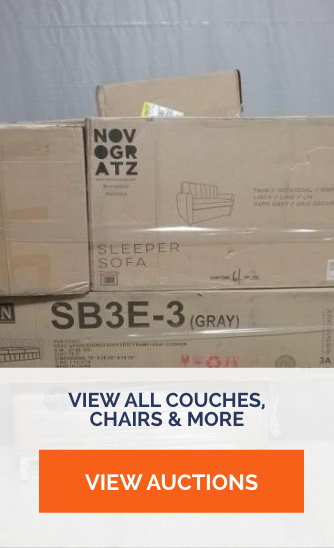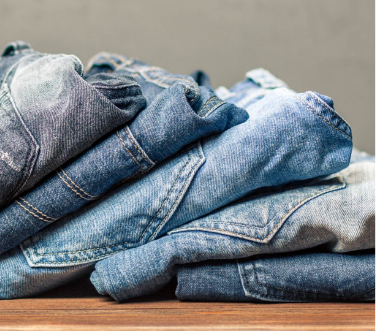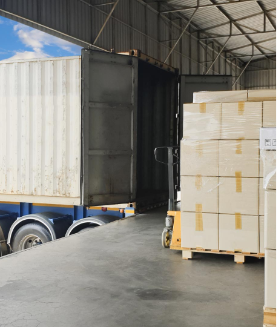Selling at Flea Markets
Benefits & Tips for Selling Locally

Flea markets are filled with budget-conscious buyers looking to score a deal on items in any condition. If reselling online hasn’t worked for your business, reselling a flea markets may be a great avenue to take your business to the next step!
With hundreds, if not thousands, of flea markets in the country right now, there are plenty of local markets you can tap into as a selling channel. Spring is the ideal time to start selling at flea markets as the temperatures are warming up and buyers are ready to come back outdoors to shop. If you are fortunate to live in a year-round warmer climate, or have an abundance of indoor flea markets, this may not apply.
MISCONCEPTIONS OF FLEA MARKETS: Remove the idea that flea markets are for used or vintage merchandise. While they may still be present in a lot of areas, this channel as evolved over the years and is a prime resale market for clothing, furniture, home décor, books, baked goods, and so much more. A flea market will offer a diverse set of resellers and merchandise, which can give your section a chance to stand out.
SET UP EARLY: Unlike traditional brick and mortar stores, flea markets conduct most of their business in the early morning hours. In order to be ready for the early riser buyers, you may need to set up your section before the sun breaks on the horizon. Product placement will be something to test over time to see which products placed at the front attract buyers to explore further into your section. If possible, brand your section with your company name and include your business cards at the checkout counter so buyers can purchase more from your online store!
ENGAGE WITH PEOPLE: As potential customers approach, or explore, your section, engage in a cordial conversation with them. Comment on the weather, ask how they’re doing, inform them of any specials you’re currently running, or pay them a genuine compliment. Don’t be pushy with your customers but make them feel welcome and encourage them to ask you questions.
Buyers at flea markets may haggle – just expect it and be prepared to know your bottom price on all items you’re selling. These buyers will want to feel like they walked away with a good deal, so try and meet them in the middle where they get a reduced price, and you can still make a profit. The best deal is when both parties make a compromise while still feeling like they’ve won.
EXPLORE BOOTH COSTS: Before committing to a flea market in your area, plan at least 1 visit in advance to a few markets to determine which will have more foot traffic. Investing the money and time into a single market needs to produce a return on your investment. Factor in your booth location, costs, time and distance from your home, other vendors product, and foot traffic of each flea market to aid in your decision.
ACCEPT ELECTRONIC PAYMENT: Since most flea market shoppers carry cash for most purchases, be sure to have plenty of smaller bills handy to make change. To expand your buyer reach, allow for electronic payments as well. This is especially vital if your product prices tend to be on the higher side (i.e. Furniture, Antiques, etc.). Setting up an electronic payment system is easy as creating an account and purchasing the card swipe at your local electronics store or online. SquareUp is a top-rated service our Buyers have stated works well for their business as it handles point of sale transactions and keep record of all merchandise sold.
You might also be interested in:
Buyer Feedback & Discounts
Customers are your future
Replacement Pieces
When to replace elements of a product




